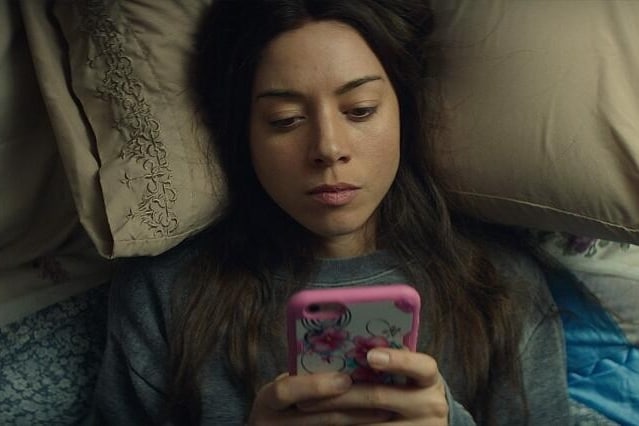Back in January, I was setting my goals and resolutions for the year ahead. For almost a decade, I’d given myself annual targets: a certain number of books to read, films to watch, daily step count to hit. I tracked everything using apps on my phone: Goodreads for books, Letterboxd for films, Strava for runs, and the Health app for steps. But as I was drafting my 2025 targets, I asked myself whether this was adding anything positive to my life, or if I was just turning my hobbies into chores. I realised I had developed a habit of choosing books based on whether I could cram them in before New Year’s Eve, forcing myself to watch films I had no real interest in, and dragging myself through extra kilometres in the rain just to hit an arbitrary step count.
So I quit: I deleted the apps and decided not to track anything at all (besides sneaking an occasional look at my step count). Now, more than halfway through the year, I’d guess I’ve been reading fewer books, watching fewer films and hitting 10km less frequently on evening walks. But I’ve also enjoyed myself more. I read and watch what I feel like, when I feel like it. When I go for a walk and want to turn back, I just turn back. These are such small, obvious things that I almost feel silly writing them down, but that’s the point. I’d overcomplicated my downtime by giving myself another list of goals to tick off, instead of letting it be what it was meant to be: a time to relax and enjoy myself.
I’m not the only one feeling this tracking fatigue. “A couple of years ago, when I was tracking my steps and the exercises I did, it became harmful as I felt that if I didn’t meet my daily goals, I had totally failed as a person, which is a very toxic way to think,” Jenni, 28, tells me. “I had to stop using the Health app as it did more harm to my mental state than good.” While she still logs her reading on the app Storygraph, she only follows her partner. “I haven’t felt tracking fatigue with the books I read, probably because I don’t compare my reading to others.” Ava, 27, ditched her Apple Watch for similar reasons. Failing to meet daily goals made her feel inadequate and took the joy out of working out: “I was pushing myself to do more reps and longer workouts even when it didn’t feel good, mentally or physically,” she says. Now she exercises in a way that feels intuitive, with more emphasis on self-care than self-surveillance.
when people tell me they have letterbox i know they watch movies performatively
— sabunny (@mama_moons) August 13, 2025
Over-tracking is a pattern many of us have fallen into. Often, it begins with wanting to form healthier habits, but it’s easy to get addicted to hitting targets and closing rings. Eve Menezes Cunningham, a trauma-informed therapist, supervisor and coach, and host of the Feel Better Every Day Podcast, explains further. “Tracking can be incredibly helpful when it comes to figuring out what you enjoy; monitoring health symptoms, perhaps so you can remember what to say at that medical appointment; and things you’ve been proud of yourself,” she says, adding that this can be particularly useful for people with ADHD and trauma who often suffer from ‘success amnesia’. But she suggests that this can take the form of just a short sentence at the end of each day. “Life is not an assignment. You don’t have to report back on things that you feel you should be doing.”
If you do want to integrate new habits, Cunningham recommends focusing on one thing at a time to make it as easy for yourself as possible. For instance, you’re far more likely to develop a habit of reading if you simply pick up a book when you feel like it, as opposed to attempting to shoehorn reading into an inconvenient time in your routine. She also suggests only keeping note of things you really loved (your top five books, films, or running routes, for example), instead of tracking everything. That way, you can get to know your tastes and what suits you best.
“We are wired to want to move. To drink water. Eat well. Get great rest. Connect with others. Honouring your nervous system by moving towards the behaviours, places, activities and people who feel good will help you thrive,” Cunningham surmises. “Setting arbitrary goals just makes life feel like a giant, pointless assignment. Give yourself permission to do more of what feels good and less of what doesn’t.”



